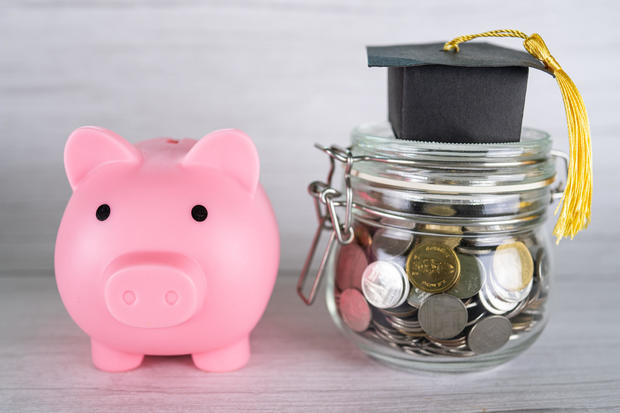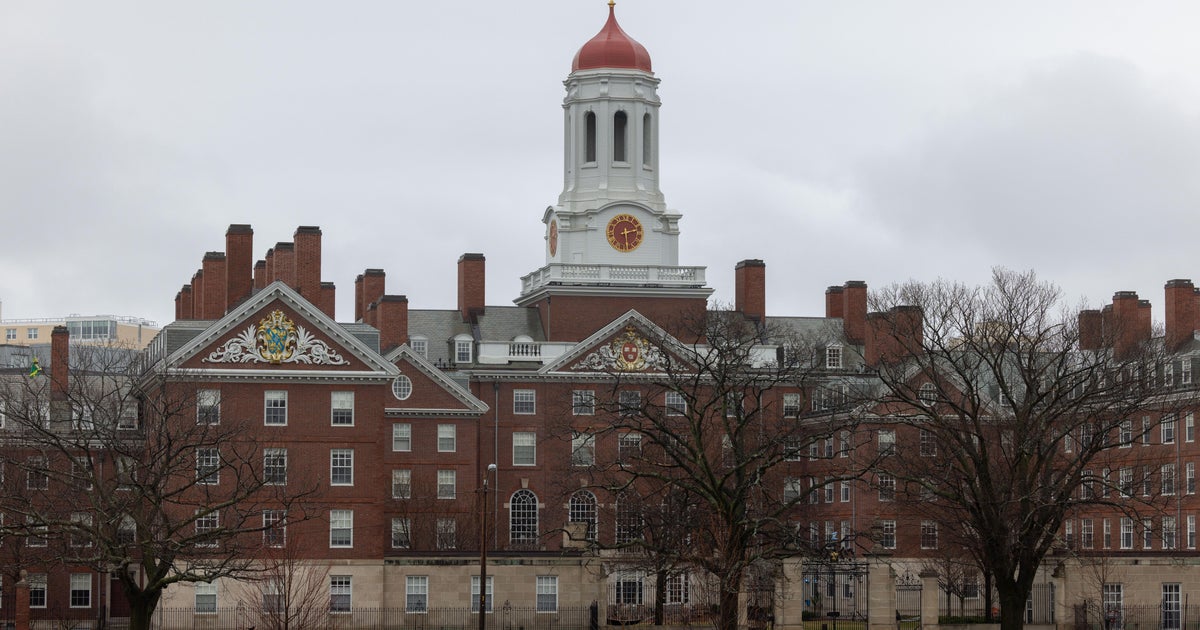Private student loans: 4 helpful facts to know
As the cost of higher education continues to rise, many students are turning to private student loans to help pay for their education. While federal student loans are often the go-to option due to the unique protections and favorable lending terms they offer to borrowers, not everyone qualifies for federal student loans. In many cases, these loans may not be enough to cover all of your tuition or school-related expenses, either.
Once you've exhausted all of your federal loan options — or if you simply don't qualify — private student loans can be a valuable resource. These loans are typically offered by private financial institutions like banks, credit unions and online lenders, and are offered with a range of different terms, interest rates and eligibility requirements. And, there may be other private student loan features and considerations to be aware of as well.
If you're thinking about borrowing money for school, it's important to make an informed decision on the loan options that may work best for your situation. Learn more about your private student loan options here now!
4 helpful facts to know about private student loans
Funding your education with private student loans can be a smart option for some students, but before you decide what works best, make sure you understand the following:
Your credit score matters
Unlike federal loans, which don't require a credit check, private lenders assess your creditworthiness before approving your student loan application. Most lenders will want to see a credit score in the good to excellent range to approve your application or offer you the best interest rates and loan terms. That said, there are student loan options for bad credit, but if you lack a credit history or have a very low credit score, you may need a cosigner to increase your chances of approval.
The good news is, though, that if you need a cosigner to get approved for a private student loan, you may have the option to release them from the debt obligation down the road, either by refinancing your loans or taking advantage of lender cosigner release options. Some lenders will allow you to release a cosigner after you make a certain number of on-time payments or meet specific credit criteria, which relieves the cosigner of their financial responsibility to your loan.
See what private student loan rates you could qualify for here now.
Rate types and terms can vary
Private student loans can have fixed or variable interest rates and the type of rate you choose can have a big impact on the total cost of your loan. Fixed rates remain constant throughout the loan term, which offers you stability in terms of your monthly payments. Variable rates, on the other hand, are tied to market fluctuations and may change periodically. While opting for a fixed rate can protect you from unexpected interest rate increases, a variable interest rate could actually lower your payment if rates drop in the future.
Repayment terms can also vary based on the loan and the lender. In general, the repayment terms will range from five to 20 years, and some lenders offer flexible options such as interest-only payments while in school. The shorter the term, the larger your payments are each month — but you'll typically pay a lot less in total interest compared to a longer loan term.
There may be a grace period
Like federal student loans, private student loans may offer a grace period on your repayments after you graduate or leave school. During this time, you don't have to make loan payments, but you may still owe interest payments on your loan during a grace period.
The main difference is that with private student loans, the grace period is typically shorter than it is with federal loans. Whether or not a grace period is available will also vary by lender, which is one reason why it's important to understand the terms of your private student loan offers before deciding on the best option.
There may be assistance or forbearance options
Private student loans are generally ineligible for federal student loan forgiveness programs or other federal student loan repayment relief. However, some private lenders may offer repayment assistance programs to help borrowers who are facing financial difficulties. Some private lenders may also offer deferment or forbearance options if you're facing certain types of economic hardship, but the availability of these programs can vary among lenders.
Forbearance or deferment allows you to temporarily pause or reduce your loan payments, but interest will continue to accrue during this period, leading to higher overall costs. These types of assistance programs may also come with other terms or conditions, so while they can be a useful tool for certain borrowers, it's crucial to know exactly how these programs work before relying on them.
The bottom line
Private student loans can be a useful resource to fund your education, but it's crucial to approach them with caution and understand the terms and conditions thoroughly. Before taking on private student loans, compare offers from multiple lenders, weigh the unique benefits or programs each lender offers and carefully plan your repayment strategy to avoid unnecessary financial stress. Remember, informed borrowing is the key to managing your student loan debt responsibly.




